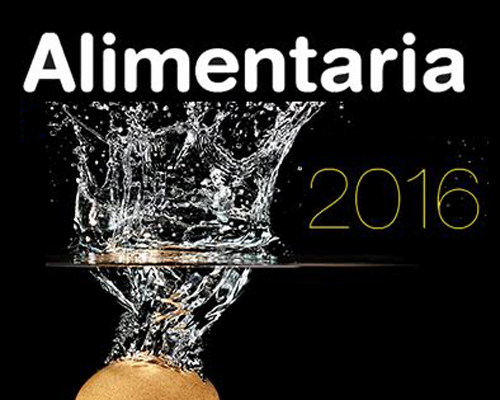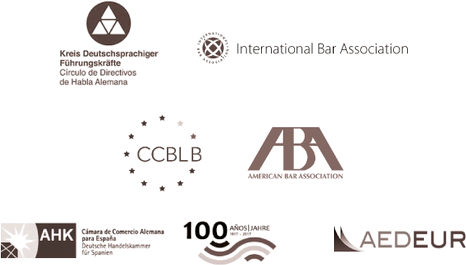
@Alimentaria: where are we on regulatory measures?
25/05/16
Recently Barcelona hosted the 40th edition of Alimentaria, one of the most important trade fairs in the food sector worldwide. This year’s mottos were innovation and internationalisation of the sector. Expenditure increased by 35% compared to former editions.
It comes as no surprise that the challenge is to incentivise competitiveness and internationalisation. Food supply is the most important sector in our country in terms of financial volume, which amounts to 3% of GDP.
Improving competitiveness in this sector was also the aim of Act 12/2013, of 2 August 2013, on measures to improve the functioning of the food supply chain (Food Supply Chain Act) and implementing measures. In January 2014, the Agency for Food Supply Information and Control (AICA, by the Spanish acronym) came to light, and in November 2015 the Code of Good Practice for Contracts in the Supply Chain (CBP, by its Spanish acronym) was adopted.
As we pointed out in a previous post, the CBP is a voluntary instrument presuming the good intentions of those adhering. It is precisely the voluntary nature that may cast some doubts on its effectivity. In any case, a factor that would no doubt increasing both the effectiveness of this instrument and the operators’ legal certainty is compliance with two obligations already foreseen in the Food Supply Chain Act and the CBP, namely, (i) to create a Follow-up Commission in charge of monitoring the implementation and the degree of compliance with the Code by the operators and their associations or organisations; and (ii) to publish an official Registry of adherents. Up to date, the Ministry on Agriculture, Food and Environment has not done this particular homework….
The Great White Hope for operators in the food supply chain might well be the AICA. Since its creation, the agency has been quite proactive checking compliance with the Food Supply Chain Act. It received 111 complaints, made 1.287 inspections, opened formal proceedings in 270 cases and proposed 322 fines (data from January 2014 to March 2016). Infringements concentrated in the distribution sector. Actually, two complaints regarding distribution are still pending before both the AICA and the National Markets and Competition Commission (CNMC, by its Spanish acronym): FIAB’s complaints against the Dia/Eroski joint purchasing agreement. In other EU Member States such agreements already triggered firm statements by the competition authorities. Will the AICA and/or the CNMC follow suit? To be continued…
Rating Legis SLP
T/F: +34 932 724 264
Provença, 253
08008 Barcelona
<!–
Members of:



